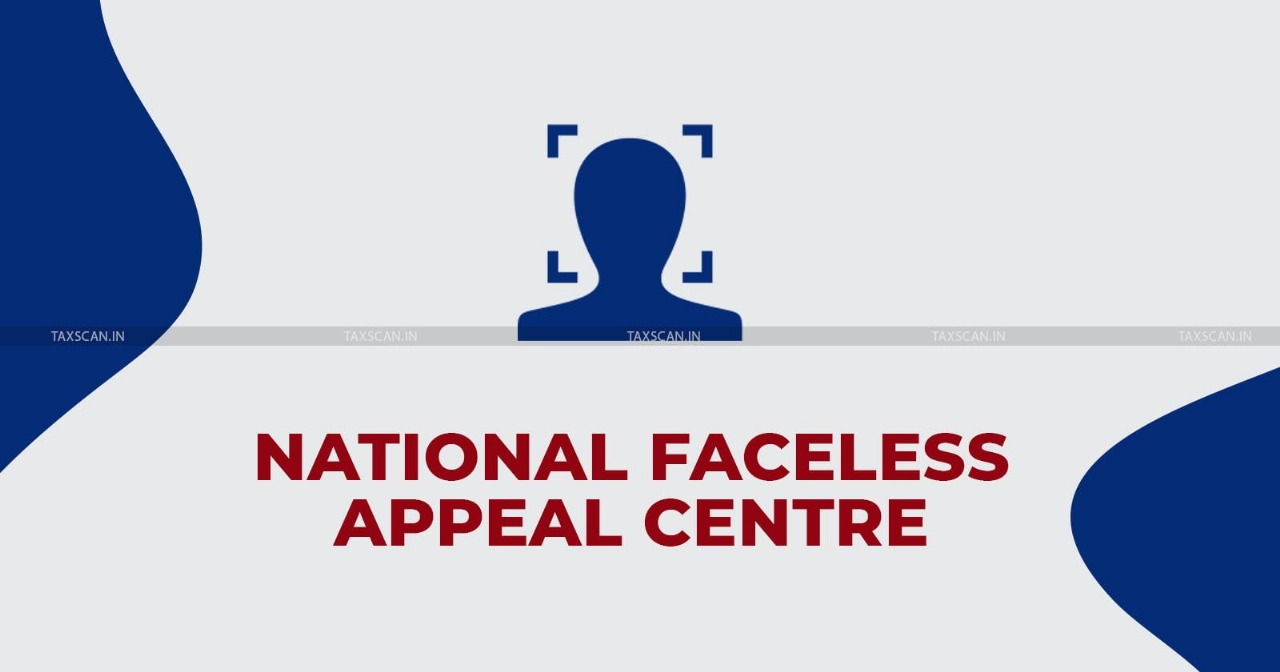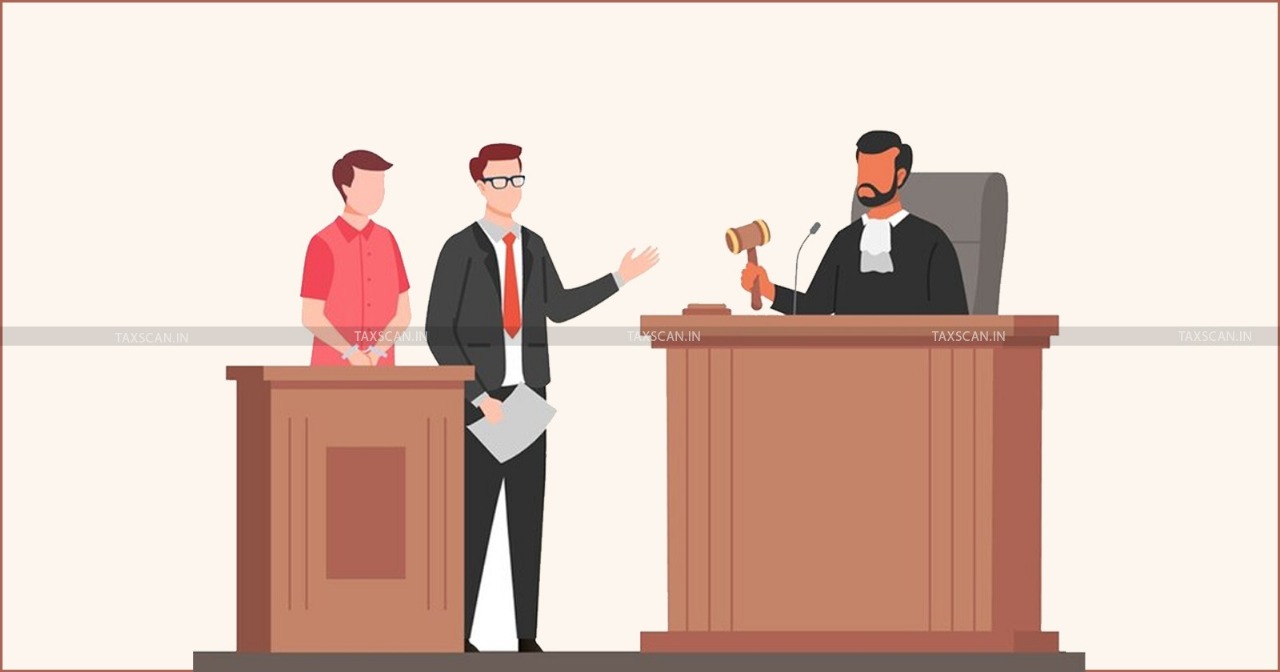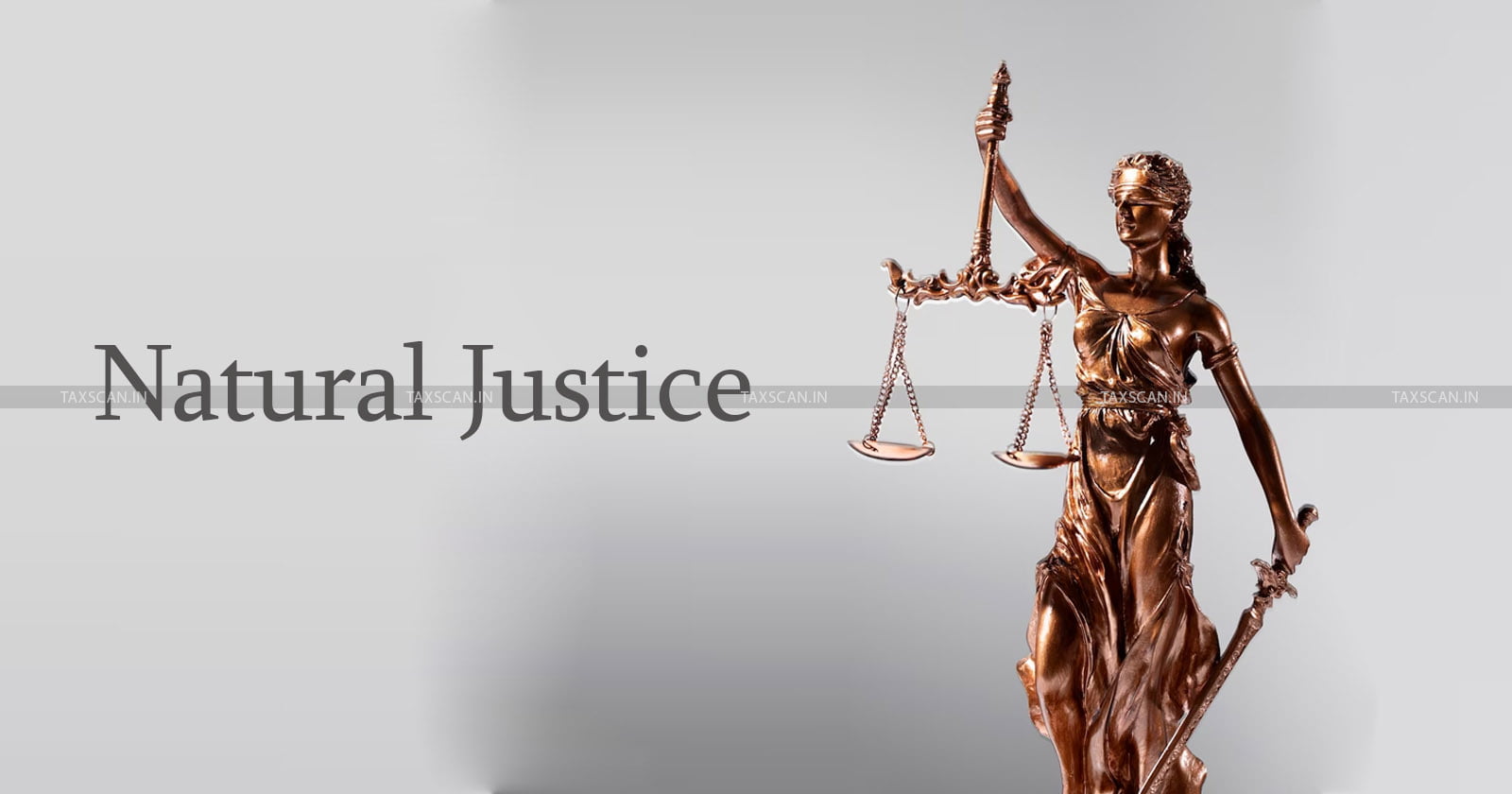ITAT condones Institute of Nephrourology’s Income Tax Appeals Filed After 5-Year Delay, quashes CIT(A)-NFAC Order for Ignoring COVID-19 Impact [Read Order]
ITAT condoned the five-year delay in appeals by Government-funded Nephrourology Institute, holding that CIT(A)-NFAC erred in dismissing them without considering bona fide reasons and directed merits-based adjudication
![ITAT condones Institute of Nephrourology’s Income Tax Appeals Filed After 5-Year Delay, quashes CIT(A)-NFAC Order for Ignoring COVID-19 Impact [Read Order] ITAT condones Institute of Nephrourology’s Income Tax Appeals Filed After 5-Year Delay, quashes CIT(A)-NFAC Order for Ignoring COVID-19 Impact [Read Order]](https://images.taxscan.in/h-upload/2025/07/09/2061753-itat-itat-condones-institute-of-nephrourologys-institute-of-nephrourologys-income-tax-appeals-taxscan.webp)
The Bangalore Bench of the Income Tax Appellate Tribunal (ITAT) has set aside the dismissal of appeals filed by the Institute of Nephrourology after finding that the Commissioner of Income Tax (Appeals) ( CIT(A) ) erred in refusing to condone a delay of five years and nineteen days in filing the appeals, without recognizing the bona fide reasons such as dependence on initial professional advice and severe disruption caused by the COVID-19 pandemic and also without considering the merits involved.
 Also Read:Rejection of Income Tax Appeal citing Time Barred by One Day: ITAT sets aside NFAC’s Dismissal on Hyper-Technical Ground [Read Order]
Also Read:Rejection of Income Tax Appeal citing Time Barred by One Day: ITAT sets aside NFAC’s Dismissal on Hyper-Technical Ground [Read Order]
The Institute of Nephrourology is an autonomous body and is mainly funded by the Government of Karnataka. The case involved Assessment Years (AY) 2014–15 and 2016–17, during which the assessee filed returns claiming exemption under Section 11 of the Income Tax Act, 1961. The assessments resulted in additions of ₹4,14,22,381 and ₹99,94,543, both returned and termed as nil income.
The delay in filing the appeals was for 5 years and 19 days for AY 2014–15 and 1115 days for AY 2016–17. The delay was explained by the assessee from its dependence on the professional who assisted during the assessment proceedings, who failed to advise the assessee to file an appeal within due time.
Thereafter, the onset of COVID-19 shattered the functioning of the trust, which was at the forefront of fighting the pandemic as one of the major centers, and the matter could not be rechecked. Subsequently, when the demand of approximately ₹167 lakh was pressed, the assessee consulted another counsel, who advised that there was a meritorious case and that the demand ought to be contested, leading to the belated filing of the appeals.
Comprehensive Guide of Law and Procedure for Filing of Income Tax Appeals, Click Here
 Also Read:ITAT Sets Aside Best Judgment Assessment u/s 144, Orders Fresh Hearing Noting Prior Grant of S.11 Exemption [Read Order]
Also Read:ITAT Sets Aside Best Judgment Assessment u/s 144, Orders Fresh Hearing Noting Prior Grant of S.11 Exemption [Read Order]
CIT(A) dismissed both matters on the ground of delay, observing that there was no sufficient cause. The CIT(A) criticized the Institute’s approach as casual, indifferent, and lackadaisical
The ITAT bench, consisting of Prashant Maharishi (Vice President) and Keshav Dubey (Judicial Member) disagreed with CIT(A), observing that the length of delay is not a material aspect to decide whether the delay is for sufficient cause or not.
The tribunal referred to the Supreme Court decisions in Inder Singh v. State of Madhya Pradesh (2025) and Ramchandra Shankar Deodhar v. State of Maharashtra (1974) reiterating that courts must adopt a liberal approach when genuine explanations exist.
The Tribunal found merit in the assessee’s explanation that it relied on professional advice initially and that subsequent COVID-related disruptions and eventual legal advice justified the delay. It was also noted that the Institute is governed by a council comprising the Chief Minister of Karnataka, senior ministers, and high-ranking bureaucrats, and is funded by public money.
 Also Read:ITAT Sets Aside CIT(A) Order, Citing Breach of Natural Justice and Violation of Section 250(6) [Read Order]
Also Read:ITAT Sets Aside CIT(A) Order, Citing Breach of Natural Justice and Violation of Section 250(6) [Read Order]
The Tribunal pointed out that once the CIT(A) had heard the case on merits over multiple dates, and it is apparent that delay was already condoned by him during the appellate proceedings. Thus, it concluded that the CIT(A)’s order was unsustainable.
The Tribunal allowed both appeals, condoning the delay and restored the matters to the file of the CIT(A) with a direction to adjudicate the appeals on their own merits.
The appellant was represented by Shreesh Kumar, while Balusamy N represented the respondent.
Support our journalism by subscribing to Taxscan premium. Follow us on Telegram for quick updates


